interleukin
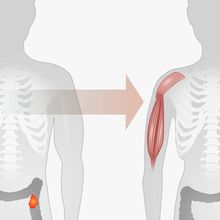
The Neural Circuitry Driving Cancer-Related Wasting Disease
Sahana Sitaraman, PhD | Nov 18, 2024 | 4 min read
In mice, dampening the activity of area postrema neurons diminished cancer-induced muscle and fat loss and increased lifespan.
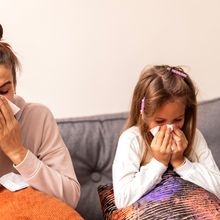
A Better Mucus Model
Aparna Nathan, PhD | Aug 20, 2024 | 4 min read
A more realistic model of the mucus layer that lines the lungs and gut could provide important insights into the function of this critical defensive barrier.
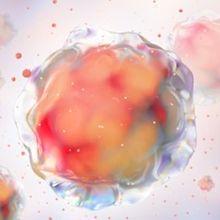
Advancing Immunotherapy Development with High-Quality Cytokines
The Scientist and Sino Biological | May 22, 2024 | 3 min read
Superior quality cytokines are crucial for reliable research results and the safe production of cancer cell therapies.
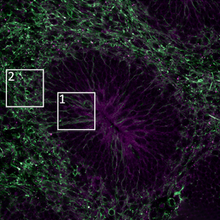
Immune Molecule Alters Cellular Makeup of Human Brain Organoids
Charles Q. Choi, Spectrum | Apr 17, 2023 | 4 min read
The changes may help explain the link between maternal infection and autism, though more research is needed.
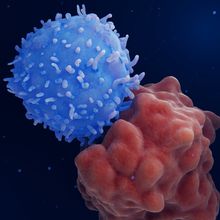
“Smarter” CAR T Cells Target Tumors with Precision
Natalia Mesa, PhD | Dec 16, 2022 | 5 min read
Two studies in mice now show that researchers can control when and where CAR T cells are active, potentially overcoming previous hurdles for CAR T–based treatments.
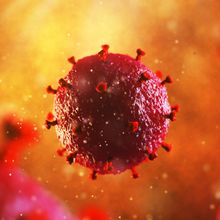
Viral Protein Behind Chronic Inflammation in People with HIV: Study
Natalia Mesa, PhD | Dec 12, 2022 | 3 min read
The HIV protein Nef can cause long-term genetic changes that lead to hyperreactive immune cells, according to research in human cells and mice.
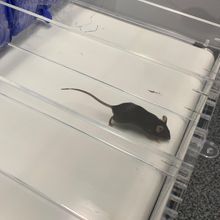
How Exercise Helps Mice Fight Pancreatic Cancer
Dan Robitzski | Jun 15, 2022 | 5 min read
A study reveals a molecular pathway linking exercise to an amped-up immune response to pancreatic cancer and greater responsiveness to treatment.

Does Biological Sex Influence COVID-19 Outcomes?
Annie Melchor | Nov 2, 2021 | 10 min read
It’s unclear whether differing odds of dying between men and women reflect inherent differences between male and female immune systems or differences rooted in gender norms.
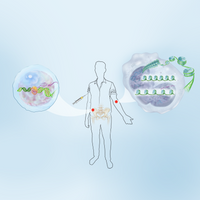
Infographic: How Vaccines Train Innate Immunity
Shawna Williams | Nov 1, 2020 | 1 min read
A recent study elucidates some of the changes that occur in the body after inoculation with a tuberculosis vaccine.

T Cells and Neurons Talk to Each Other
Ashley Yeager | Oct 1, 2020 | 10+ min read
Conversations between the immune and central nervous systems are proving to be essential for the healthy social behavior, learning, and memory.
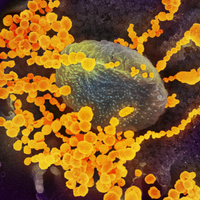
The Immune Hallmarks of Severe COVID-19
Katarina Zimmer | Sep 16, 2020 | 10+ min read
Researchers are trying to make sense of immune systems gone haywire and develop biomarkers to predict who will become the sickest from a coronavirus infection.
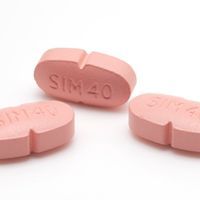
Could Statins Reduce the Severity of COVID-19?
Ashley Yeager | Jun 12, 2020 | 7 min read
The cholesterol-lowering drugs quell inflammation and reverse endothelial tissue damage, hints that they might curb the body’s excessive immune response to SARS-CoV-2 infection.
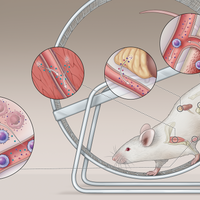
Infographic: Exercise’s Anticancer Mechanisms
Bente Klarlund Pedersen | Apr 1, 2020 | 2 min read
A look at the molecular processes that may feed into the tumor-fighting effects of physical activity
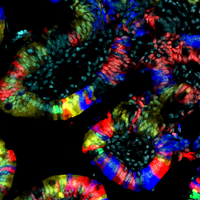
Image of the Day: Gut Reaction
Carolyn Wilke | Feb 4, 2019 | 1 min read
Immune cells in the mouse gut help recognize damaging compounds and prompt intestinal stem cells to repair DNA.
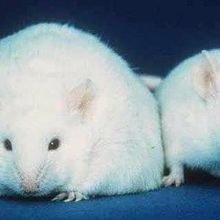
Activating Beige Fat
Kerry Grens | Jun 5, 2014 | 3 min read
An innate immune pathway stimulates the activity of heat-producing adipose tissue in mice.

Molecular Multitasking
Carina Storrs | Aug 1, 2013 | 6 min read
Commercial kits use fluorescent beads to probe dozens of cytokines in one reaction.
